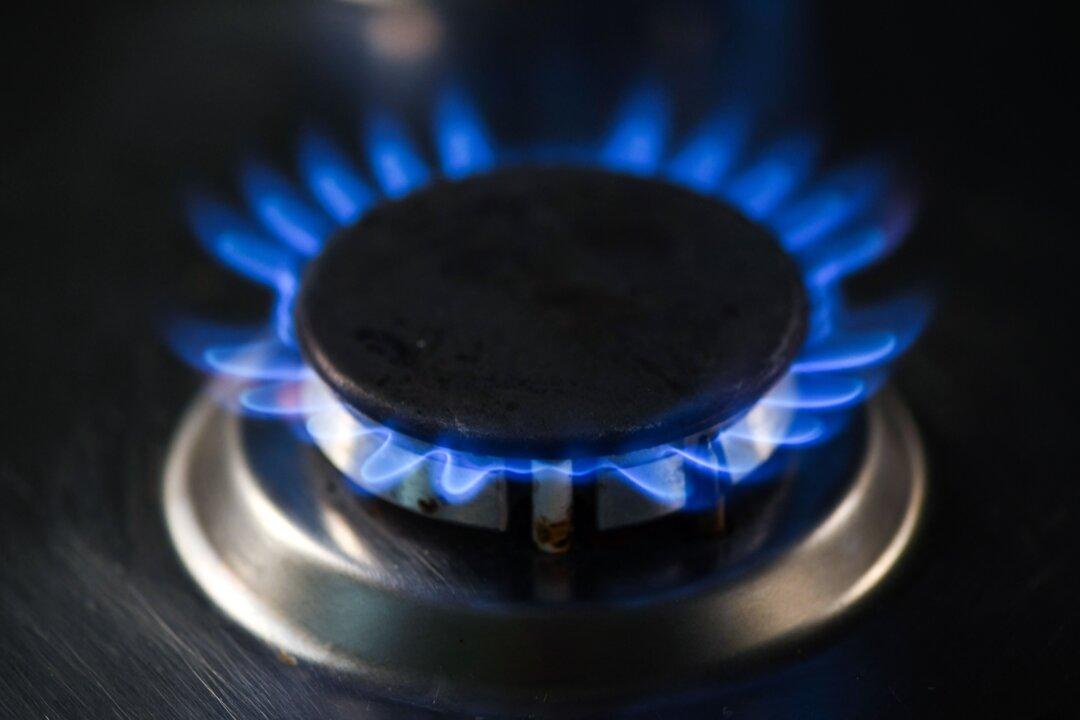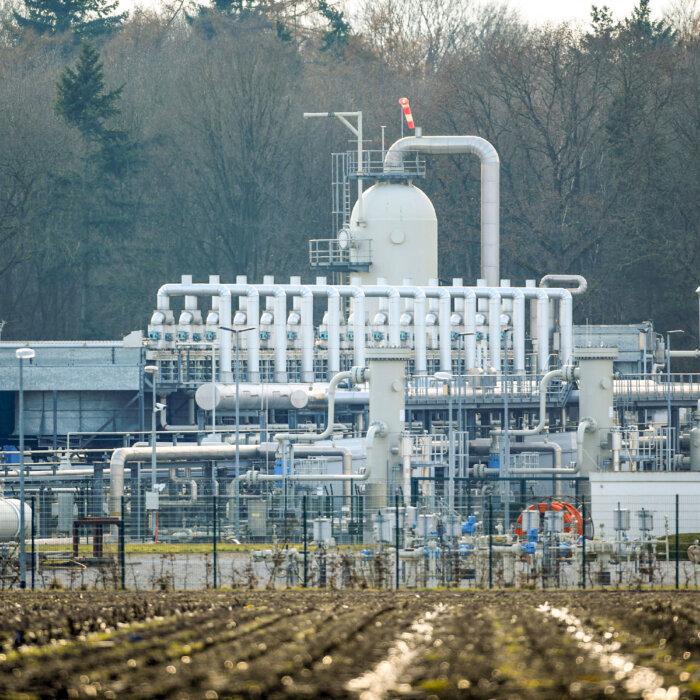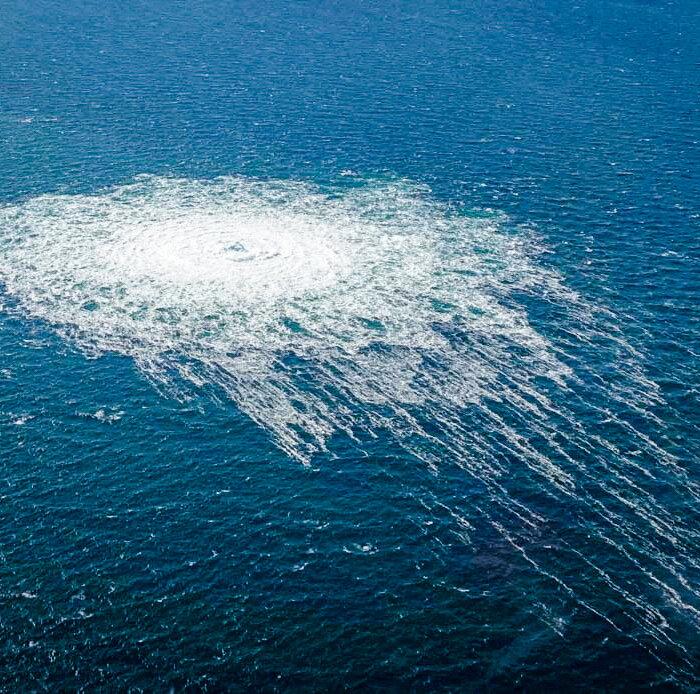The European Union is set to seek more gas from countries including the United States to plug the hole left by Russian energy supplies, the bloc’s energy commissioner said on Friday.
Brussels also plans to combine this effort with an expansion of renewable energy at a faster rate to lower its overall reliance on liquefied natural gas (LNG).
Though pipeline gas deliveries from the Russian Federation have plunged, the EU actually increased its imports of LNG from Moscow last year.
“Instead of using taxpayers’ money, citizens’ money, to pay for gas where the revenue goes into Putin’s war chest, we need to make sure that we produce our own energy,” EU Energy Commissioner Dan Jorgensen said at a press conference.
Jorgensen said Brussels was preparing changes to permit rules to speed up building renewable energy.
For industries and home heating where gas cannot be quickly replaced by electricity, he said the bloc would step up efforts to find alternative sources of energy.
“And then it’s my job to make sure that it is cheap and not Russian,” Jorgensen said.
“There will still be the need for gas, and there we will have to find other sources than Russia, and that can also mean bigger import from the United States.”
European benchmark gas prices hit two-year highs last week.
U.S. President Donald Trump had cautioned the Europeans before taking office that they would face trade tariffs unless they bought more U.S. oil and gas.
Under EU law, European gas contracts must end by 2049 to align with the bloc’s climate agenda target for net-zero emissions by 2050.
Jorgensen also confirmed the commission was working on stricter controls of the gas market to avoid speculative trading causing price spikes and would propose “financial instruments” next week designed to decouple retail power prices from high gas prices.
The EU’s electricity market rules mean that despite Europe’s rapid expansion of renewable energy, gas prices continue to set the power price many European consumers pay.
The bloc is expected to formally announce its new energy strategy on Feb. 26.
The study, titled “A Bumper Year for Russian LNG Exports to the EU–Abetted by Germany,” by several environmental organizations—Deutsche Umwelthilfe (DUH), Urgewald of Germany, Razom We Stand of Ukraine, and Belgium’s Bond Beter Leefmilieu—showed that imports of Russian LNG into the European Union rose by 19.3 percent from 2023 to 2024.
There is also division within the bloc over the EU’s flagship net-zero pledge to be carbon-neutral by 2050.
Speaking in Strasbourg on Jan. 22, Tusk said that some EU regulations have led to a situation in which “energy prices are too high.”
Tusk told members of the European Parliament that high energy prices “might bring the downfall of many democratic governments.”
“It’s unacceptable that our European energy is the most expensive. If it cannot be the cheapest one, at least it should be more or less on the same level as in other countries,” Tusk said.
“We do not want to be naive, because if we do go bankrupt as Europe, who will protect the environment instead of us?”







